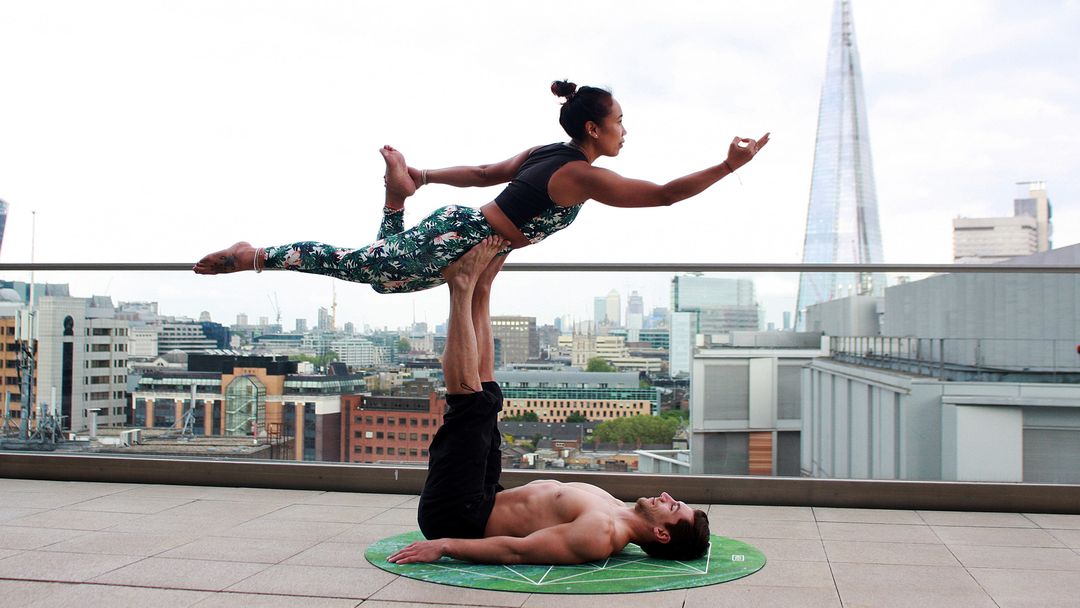Let’s talk about Plato. In his work, The Republic: Book VII, the Greek Scholar wrote, “Do not train a child to learn by force or harshness; but direct them to it by what amuses their minds, so that you may be better able to discover with accuracy the peculiar bent of genius of each.”
These famous words touch poignantly upon the importance of play in self-discovery. So why is it that as we grow we begin to dismiss play? In this article we dive into the surprising link between play and mental well-being in the hope that we all find a little more space for it in our lives.
The Power of Play: Cultivating Cognitive Flexibility and Healing Past Trauma
In the mental health world, play therapy is a growing field recognized for its ability to help children with expression and problem resolution. Since children’s brains are smaller and certain areas are not yet developed, like the prefrontal lobe, it is challenging and at times impossible for children to verbalize what is bothering them or have a well-developed sense of abstract thinking. Thus, from the beginning, play therapy has intersected with childhood development. Often condensed as a form of therapy for children, specifically kiddos ages 3-12. Nonetheless, the potential is not limited to a certain age bracket. Research indicates there is the ability for play therapy to be an effective mental health approach regardless of age, gender, or nature of the problem.
Play is important for all ages, especially as we age and become more inflexible in mind and body. With time, humans accumulate knowledge and create systems for efficiency. Thoughts and behaviors mold and crystalize. What was once useful and adaptive can become maladaptive when new information that does not fit or conform with existing systems of knowledge is easily disregarded and rejected. To avoid rigid patterns of thought and behavior, it is important to prioritize cognitive flexibility or the ability to continuously adapt to an ever-changing environment.
In play, cognitive flexibility is strengthened not only by trying novel experiences but attempting something outside your normal areas of expertise. Play nurtures curiosity over mastery. For high-strung individuals who struggle with all-in tendencies and need for control, play can be extremely helpful, even though the task may seem daunting. It may be helpful to start with directive play where there are more rules and structure. However, nondirective play allows people more space to build communication skills, trust, and tolerance for ambiguity.
For people who have struggled with stressful events or past traumas, play invites a new way of being. Trauma lives in the nonverbal areas of the brain: hippocampus, amygdala, thalamus, and brainstem. Top-down processing, like talking, can only access so much of the nonverbal brain. Bottom-up processing, like movement and play, increases the capacity for humans to communicate and process adverse life events and issues.
Play-to-Play: Finding Your Own Practice Through Play
Play can be an outlet for an over structured and competitive world. However, play can be warped and twisted into something prescribed, rote, and unhealthy. Forcing play to be educational or a learning experience creates an unhealthy pay-to-play environment. Shedding the expectations and unleashing the practice brings play to its raw core, a therapeutic process in itself. Play-to-play invites creativity, communication, and trust. As a yogi, play-to-play may look different on and off every mat. It is a practice that amuses the individual which may look like a set routine or funky and wild improv.
MultiPLAYer: Acroyoga
It would be amiss to not mention one of the most playful practices in yoga, Acroyoga. As a practice, acroyoga is all about play in a safe and supportive environment. It is a humbling experience in a non-competitive environment with a community of fun folks. One of the most accessible intersections of sthira (compact, strong, and steadfast) and suka (joy, happy, and ease) in asana form. There are even different styles within acroyoga, including acrobatic and restorative.
In conclusion: HAVE FUN and Playing
Playing is one of the most humbling and terrifying experiences for adults. In a rigid and conformist society, it is not easy to let go and practice unstructured play. That is exactly why it is so crucial to growth and mental wellbeing. Create a PLAYlist, go outside, and play!



